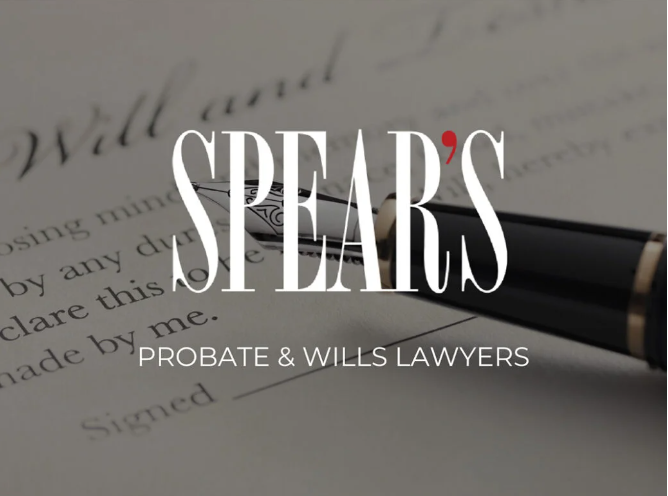7th April 2022 | Nicole Marmor | Private Wealth, Inheritance Tax, Probate, Trusts
The Trust Registration Service (TRS) was set up in 2017 and is a register of beneficial ownership of trusts. When it was initially set up, Trustees were required to register on TRS if the trust was liable to Income Tax, Capital Gains Tax, Inheritance Tax or Stamp Duty Land Tax. The information on the register was accessible to HMRC and other law enforcement agencies, but not to third parties.
In October 2020, amendments to the Money Laundering Regulations came into force introducing new rules extending the scope of The Trust Register (TRS) so that it applies to a wider range of trusts, both based in the UK and some non-UK Trusts regardless of whether or not the trust is liable to pay tax.
Relevant trusts must register with TRS if they are liable to UK taxation in any year.
Although estates themselves are not subject to registration, in some instances Personal Representatives will need to register the estate, for example, if they are selling property worth £500,000 or more. Bearing in mind local property prices, many Personal Representatives may be caught and may be unaware of their obligations.
There are deadlines for registration of new and existing trusts; for existing non-taxable trusts that have not yet been registered this is 1 September 2022.
Trustees are also required to ensure the TRS is kept up to date, and again there are deadlines for doing so.
Types of trusts
The most common type of trust that needs to be registered is an “express trust”. These include bare trusts, discretionary trusts, interest in possession trusts (if created on death they are excluded from registration for two years as with other will trusts), protective trusts, pilot trusts (often set up to receive pension benefits) created before 6 October 2020 containing more than £100, and pilot trusts created after 6 October 2020 regardless of amount held.
Charitable trusts and Child Trust Funds do not have to register. Bereaved minor trusts and statutory trusts (created on an Intestacy) do not have to register as an express registrable trust but may have to register if they have a UK tax liability.
For trusts relating to land, eg where two or more people have bought a property together, where the Trustees and Beneficiaries are the same people, there is no requirement to register. However, if there is a Declaration of Trust in place and the Trustees/Legal Owners of the property are not the same as those with a beneficial interest then the trust is required to register.
This may occur where a third party has lent monies to assist with a property purchase and wishes to protect their investment, or, for example, children have assisted their parents to purchase a property under the Right to Buy Scheme.
Excluded trusts
Trusts for retirement policies are excluded from registration during the lifetime of the person assured provided that the policy only pays out on their death, terminal illness, critical illness or permanent disablement, or to meet the cost of healthcare services.
Information required
The information required by the TRS can be submitted online and the type of information required depends on whether the Trustees and Settlors (the person or people creating the trust) are individuals or a business or organisation, such as a charity.
Trusts with a UK tax liability need to provide more extensive information, including details of the trust assets as part of the annual tax return.
There are penalties for failing to provide the information required by the appropriate deadlines. However, given difficulties with both registering new trusts and updating the register, and a recognition that the last tax year was the first year that trustees have been able to meet their obligations, HMRC had indicated that they will not automatically be charging penalties. However, it is not clear how long this honeymoon period will last.-HMRC has certainly not been lenient on penalties in relation to late reporting of capital gains on UK properties.
If you are the Trustee or Settlor of a trust created at any time or you are dealing with an estate especially one where there is a property to be sold, and you are uncertain as to whether the new rules apply to you, please contact Sherrards and our trust experts will be happy to guide you in the right direction.
To find out more, please contact Private Client Partner Nicole.


